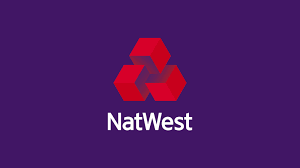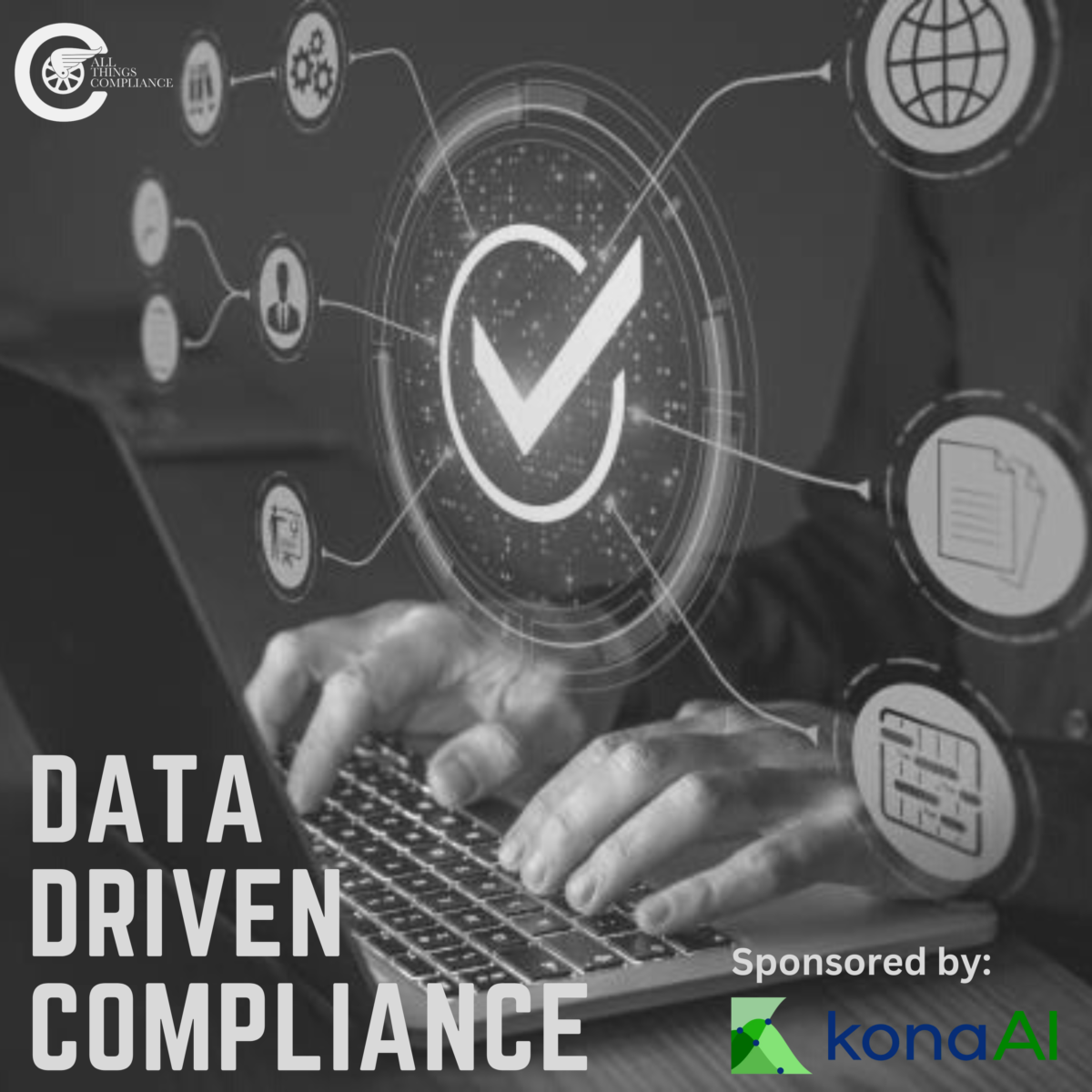I recently had the chance to visit with Jonathan Armstrong on a recent data breach case that occurred in the health service provider NHS Lanarkshire (Scotland) during the COVID-19 pandemic. This breach serves as a stark reminder of the challenges organizations face in maintaining data protection and compliance, especially when it comes to communication platforms like WhatsApp. In this blog post we will explore the lessons learned from this incident and discuss practical advice for organizations to ensure robust data protection measures.
Background
According to the Cordery Compliance Client Alert on the matter, over a two-year period between 2020 and 2022, 26 staff at NHS Lanarkshire had access to a WhatsApp group where there were a minimum of 533 entries that included patient names. The information included 215 phone numbers, 96 with dates of birth and 28 included addresses. 15 images, 3 videos, and 4 screenshots were also shared, which included personal data of patients and clinical information, which is a “special category” health data under both EU and UK law. Other data to the WhatsApp group was also added in error. Other communications were also identified where the staff in question had used WhatsApp.
WhatsApp was not approved by NHS Lanarkshire for processing personal data of patients. The use of WhatsApp was an approach adopted by the staff apparently without organizational knowledge. It was used by the staff as a substitute for communications that would have taken place in the clinical office but did not do so after staff reduced office attendance due to the COVID-19 pandemic. No Data Protection Impact Assessment was in place and no risk assessment relating to personal data processing was completed concerning WhatsApp, as WhatsApp was not approved by NHS Lanarkshire for the sharing of personal data relating to patients. NHS Lanarkshire undertook an internal investigation and reported this matter to the ICO.
ICO Holding
The UK ICO determined that NHS Lanarkshire did not have the appropriate policies, clear guidance and processes in place when WhatsApp was made available to download. Additionally, there were a number of infringements of UK GDPR, not the least being not implementing appropriate technical and organizational measures (TOMs) to ensure the security of the personal data involved, as a consequence of which personal data was shared via an unauthorized means and an inappropriate disclosure occurred. There was also a failure to report this matter, as a data breach, to the ICO in time.
Armstrong noted that ICO recommended that NHS Lanarkshire should take action to ensure their compliance with data protection law, including:
- Considering implementing a secure clinical image transfer system, as part of NHS Lanarkshire’s exploration regarding the storage of images and videos within a care setting;
- Before deploying new apps, consideration of the risks relating to personal data and including the requirement to assess and mitigate these risks in any approval process;
- Ensuring that explicit communications, instructions or guidance are issued to employees on their data protection responsibilities when new apps are deployed;
- Reviewing all organizational policies and procedures relevant to this matter and amending them where appropriate; and,
- Ensuring that all staff are aware of their responsibilities to report personal data breaches internally without delay to the relevant team.
Armstrong concluded that “In light of the remedial steps and mitigating factors the ICO issued an official reprimand – a fine has not yet been imposed. The ICO also asked NHS Lanarkshire to provide an update of actions taken within six months of the reprimand being issued.”
Discussion
This case highlights the challenges organizations face when it comes to communication during internal investigations. In many instances, the most interesting documents are not found in emails, as one organization discovered. Employees often turn to alternative platforms like WhatsApp to avoid leaving a paper trail. However, it is crucial to understand that these platforms may not provide the expected privacy and security.
While platforms like WhatsApp may seem secure, they still share data with big tech companies, raising concerns about privacy. Organizations must adapt to the preferences of digital-native employees who may find email restrictive and opt for alternative communication methods. However, this adaptation should be done consciously, ensuring that policies and procedures are in place to protect sensitive information. Armstrong emphasizes the importance of revisiting emergency measures implemented during the pandemic. As remote work continues, organizations must conduct thorough data protection impact assessments to ensure compliance across all communication platforms and measures.
As with all types of compliance, setting policies and procedures is just the first step. It is essential to communicate and educate employees on these policies to ensure their understanding and compliance. Annual online training sessions are not enough; organizations should provide engaging training that goes beyond passive learning. In addition to targeted and effective training there must be ongoing communications provided to employees. Armstrong also related on the ineffectiveness of off-the-shelf online phishing training. Waiting for an incident to occur and then providing training is not enough to prevent people from clicking on malicious links. Organizations should focus on providing better training before incidents happen, rather than trying to enhance training afterwards.
The next step is monitoring as compliance with policies and procedures should be actively monitored. Technical solutions are available to help companies track compliance, but it’s crucial to involve individuals at all levels of the organization when designing these policies. Additionally, a balanced approach is needed, where employees are recognized for their service but also held accountable for policy breaches. The days of solely relying on punishment for enforcement are gone.
The data breach in the Scottish hospital serves as a wake-up call for organizations to prioritize data protection and compliance. Communication challenges during internal investigations, privacy concerns associated with alternative platforms, and the need for effective policies and training are crucial areas to address. By conducting regular data protection impact assessments, providing engaging training, and ensuring buy-in from employees, organizations can strengthen their defense against cyber threats and protect sensitive information. Always remember that compliance is an ongoing process, and continuous evaluation and improvement are necessary to adapt to the evolving digital landscape. Finally stay vigilant and proactive in safeguarding data privacy and protection.







